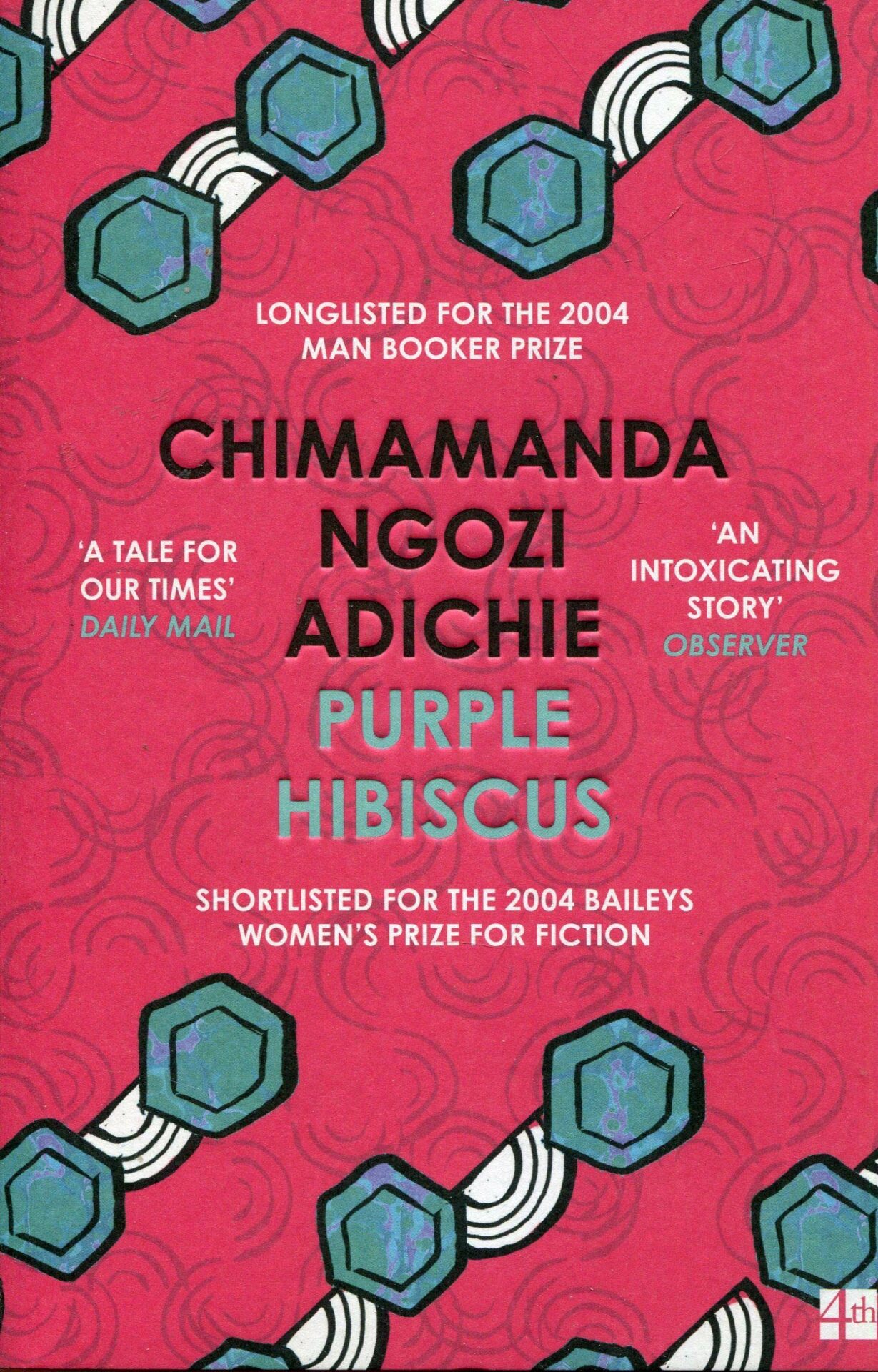

Chimamanda Ngozi Adichie’s Purple Hibiscus is a novel that weaves a compelling narrative about family dynamics, religious extremism, and the quest for personal freedom in postcolonial Nigeria.
At the heart of this intricate tale is the character of Aunty Ifeoma, a woman whose presence is a ball of genuine happiness. Let’s delve into the multifaceted personality of Aunty Ifeoma, exploring her role, impact, and significance in the larger context of the novel.
Aunty Ifeoma of Purple Hibiscus was not just a character for me; she was a force of nature, a whirlwind of intellect, resilience, and unwavering strength. As the sister of Kambili’s father, Eugene, she starkly contrasts the oppressive atmosphere of the Achike household. Her character is a breath of fresh air, disrupting the rigid and stifling environment Eugene creates in his family.
Educated, independent, and fiercely outspoken, she challenges societal norms and the oppressive religious beliefs that dominate the novel’s landscape. Her character is a testament to CNA’s skill in crafting characters who resonate with readers on a deeply human level.
Personally, I believe she was the voice of reason and rebellion in the book. Her unyielding commitment to intellectual freedom positioned her as a symbol of enlightenment in a society struggling with the aftermath of colonialism.
In Purple Hibiscus, Aunty Ifeoma became a beacon of hope for Kambili and her brother, Jaja, offering them a glimpse into a world beyond the confines of their oppressive home. Her unwavering spirit and refusal to succumb to societal expectations make her character genuinely exceptional. In the face of financial struggles and personal loss, she remains resilient, standing tall.
Aunty Ifeoma stands as one of the most captivating and empowering characters I have ever read about. Her complexity, resilience, and complete love for her children, niece, and nephew were so fulfilling to read about. Through the lens of Aunty Ifeoma, Adichie masterfully explores the intricacies of postcolonial Nigeria and its effect on the new country.
In the vast literature landscape, Aunty Ifeoma of Purple Hibiscus shines as a beacon, inviting readers to contemplate the power of individual agency, the pursuit of knowledge, and the human spirit’s enduring strength and unconditional love.